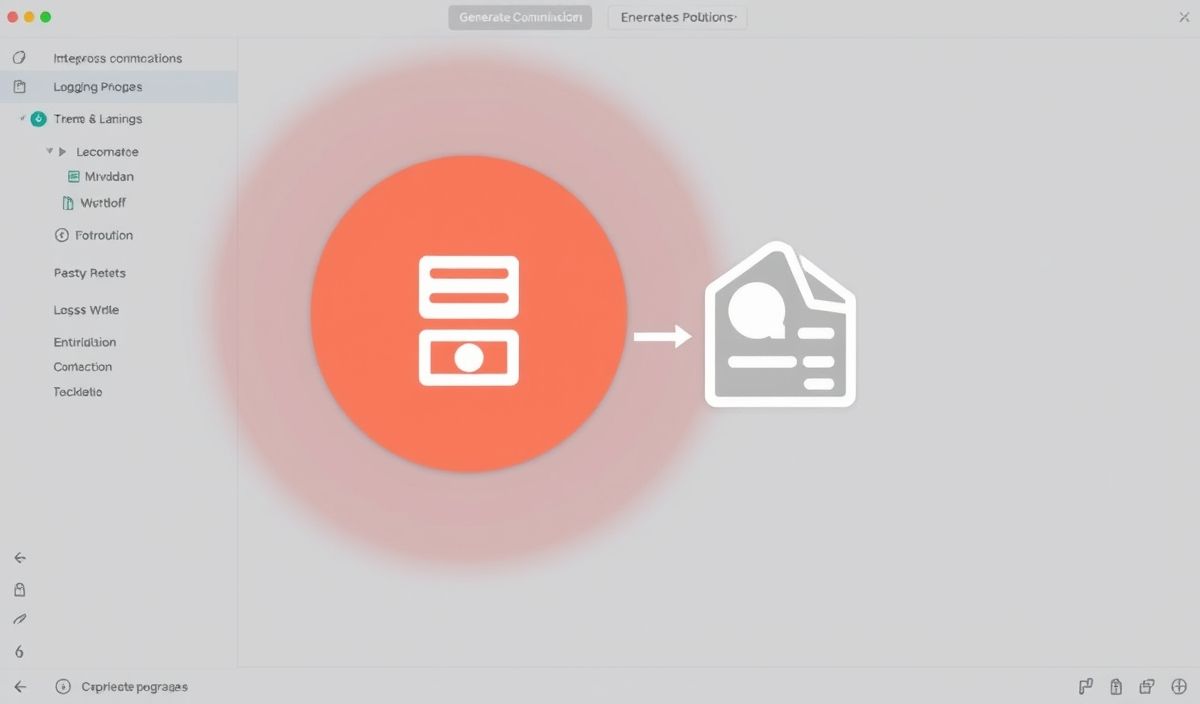Welcome to the Ultimate Guide on ipc-logger
The ipc-logger library stands out as a powerful tool for IPC (Inter-Process Communication) and logging mechanisms. Leveraging this library can significantly improve efficiencies and streamline debugging for complex applications. In this guide, we introduce ipc-logger and walk you through dozens of useful APIs with practical code snippets. Let’s dive in!
Getting Started
First, ensure you have ipc-logger installed in your project:
npm install ipc-logger
Basic Configuration
Initialize the logger with a basic configuration:
const IPCLogger = require('ipc-logger');
const logger = new IPCLogger({
level: 'info',
transport: 'file',
filename: 'app.log'
});
logger.info('Logger initialized');
IPC Communication
Setting up basic IPC communication between processes:
const { fork } = require('child_process');
const child = fork('child.js');
child.on('message', (message) => {
logger.info('Received from child process:', message);
});
child.send('Hello from parent process');
In child.js:
process.on('message', (message) => {
logger.info('Received from parent process:', message);
process.send('Hello from child process');
});
Advanced Logging
Leveraging advanced logging features such as different levels and transports:
const advancedLogger = new IPCLogger({
level: 'debug',
transports: ['file', 'console'],
filename: 'advanced_app.log'
});
advancedLogger.debug('Debugging information');
advancedLogger.error('An error occurred');
Custom Loggers
Creating custom loggers for different parts of your application:
const customLogger = new IPCLogger({
level: 'warn',
transport: 'file',
filename: 'custom_app.log',
category: 'custom'
});
customLogger.warn('This is a warning from custom logger');
Building an Application with ipc-logger
Below is an example of a small application leveraging various APIs from ipc-logger:
const express = require('express');
const IPCLogger = require('ipc-logger');
const app = express();
const logger = new IPCLogger({
level: 'info',
transport: 'file',
filename: 'server.log'
});
app.use((req, res, next) => {
logger.info(`Request URL: ${req.url}`);
next();
});
app.get('/', (req, res) => {
logger.debug('Handling GET request for /');
res.send('Hello, ipc-logger!');
logger.info('Response sent: Hello, ipc-logger!');
});
app.listen(3000, () => {
logger.info('Server is running on port 3000');
});
In this example, we use ipc-logger for various logging levels and handling HTTP requests. This thorough monitoring approach can substantially aid in debugging and optimizing application performance.
In conclusion, ipc-logger is a versatile tool for improving communication and logging within applications. We hope this guide helps you get started and make the most of its functionalities.
Hash: 0c4b46c47feb5c793e106cb91329ceba4c755fbc34204e99f0aea97e04dc7bc3




